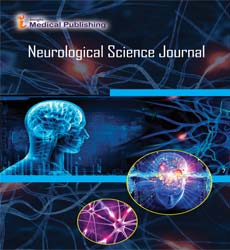Effects of Alcohol Intoxication on Response Conflict in a Flanker Task
Abstract
Events evoke seamlessly integrated stimulus evaluation and response preparation processing streams, guided by regulative functions that change behavior flexibly in accord with the internal goals and contextual demands. The neural basis of the effects of alcohol intoxication on these processing streams is poorly understood, despite the evidence of alcohol’s deleterious effects on both attention and motor control. In an attempt to separate and examine relative susceptibility of these two dimensions, we employed a color version of the Eriksen flanker task that manipulated compatibility at the stimulus- and response-processing levels. Functional magnetic resonance imaging (fMRI) was performed in healthy social drinkers as they participated in both alcohol (0.6 g/kg ethanol for men, 0.55 g/kg for women) and placebo conditions in a counterbalanced design. Alcohol increased reaction times to response-level incongruity and decreased accuracy overall. Relative to the no-conflict condition, the observed brain activity was predominantly evoked by response-related conflict in medial prefrontal and lateral prefrontal cortices under placebo, in agreement with extensive evidence of their role in conflict processing.
Open Access Journals
- Aquaculture & Veterinary Science
- Chemistry & Chemical Sciences
- Clinical Sciences
- Engineering
- General Science
- Genetics & Molecular Biology
- Health Care & Nursing
- Immunology & Microbiology
- Materials Science
- Mathematics & Physics
- Medical Sciences
- Neurology & Psychiatry
- Oncology & Cancer Science
- Pharmaceutical Sciences
